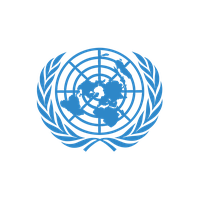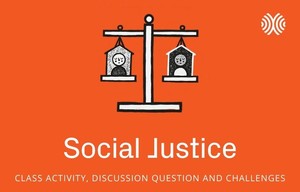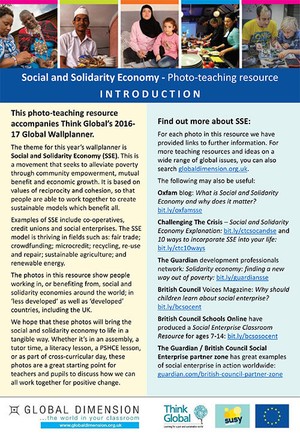
International Human Solidarity Day
Taking place on 20th December every year.
Developing a culture of solidarity and a spirit of sharing in order to achieve social justice and combat poverty.
About the event
Announced as part of the UN’s Millennium Declaration in 2000 this day was formally inaugurated in 2005. According to the UN this is a day to:
- celebrate our unity in diversity;
- remind governments to respect their commitments to international agreements;
- raise public awareness of the importance of solidarity;
- encourage debate on the ways to promote solidarity for the achievement of the Sustainable Development Goals;
- encourage new initiatives for poverty eradication.
How to approach it
This is a useful day to explore the important concepts of solidarity, compassion and international cooperation. Solidarity is an awareness of shared interests that creates a feeling of unity. It is the feeling that moves us to support and act collectively be it in our communities, our countries or internationally. The key factor in developing solidarity is cultivating feelings of compassion and an understanding of shared values between people.
First, introduce the concept of solidarity to your class. You could start by asking: what do all people have in common? Guide the discussion to what desires, needs and wants we all share. Next, ask: what times have you wanted to help others and why? Help students to see that they have already experienced feelings of solidarity. This might be for friends, family members or even animals. A good activity to explore this is our lesson on social justice. Here, students are asked to consider how we are all connected, the problems facing humanity and how we can solve them.
Finally, use the above discussion as a base to talk about the difference between worlds in which we act in solidarity and ones where we do not. Ask: what would a world where we only look after ourselves look like? What about one where we all understand and look out for each other? Show your class that the first world is cruel, isolating and dysfunctional whilst the other is supportive and welcoming.
Organised by
United Nations

Conversation starter
Solidarity is when we feel we have shared interests with other people and want to act collectively to solve our shared problems. Which different groups or people do you feel in solidarity with? How can you act in solidarity with them?




